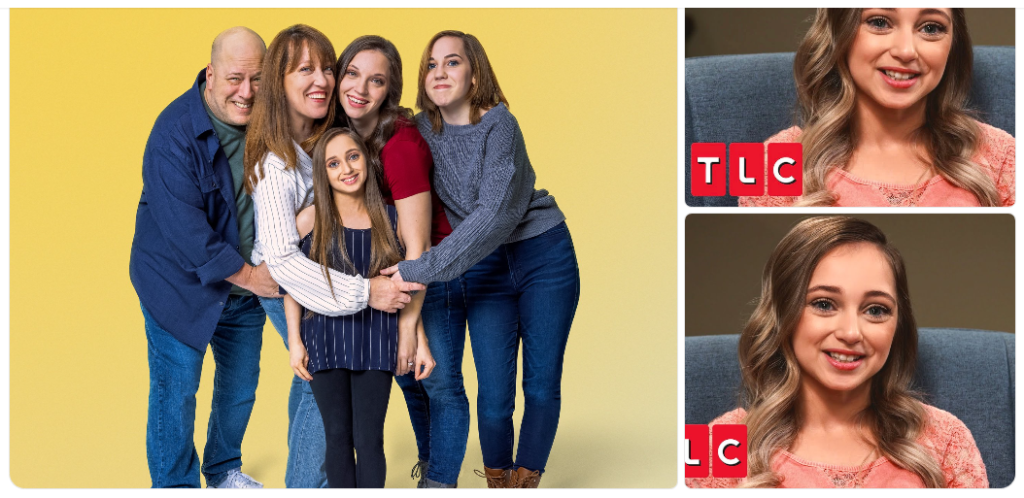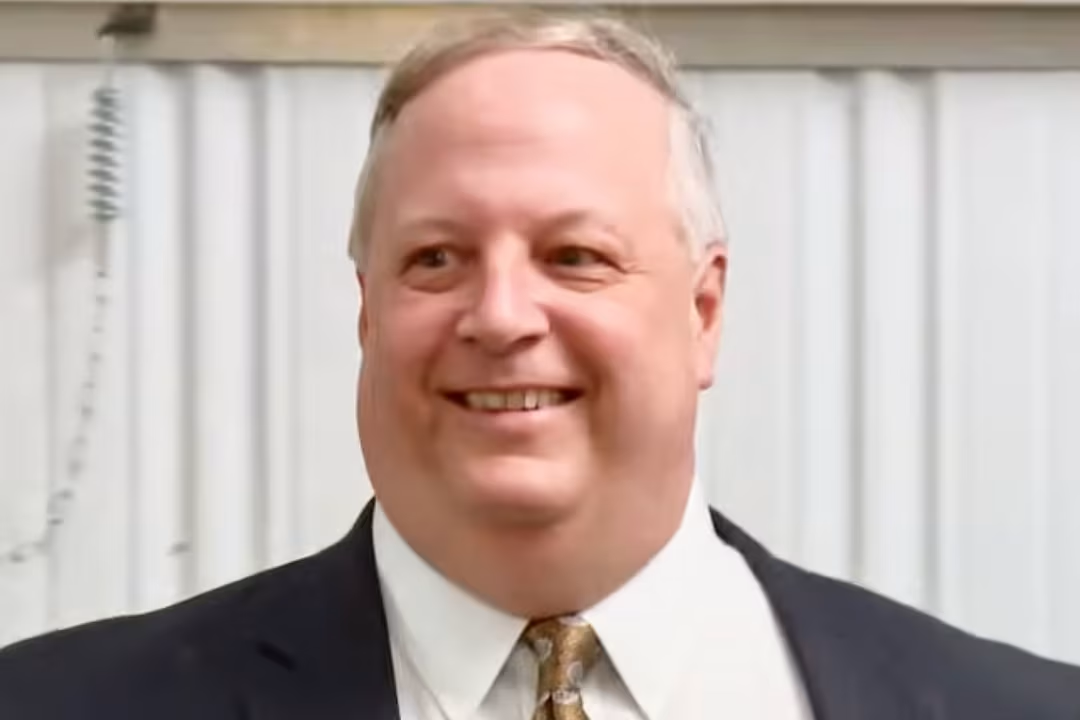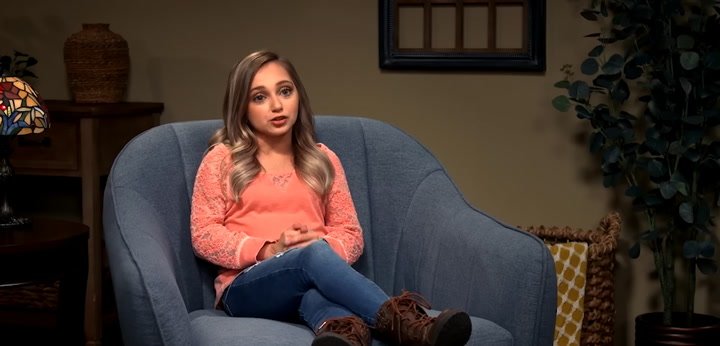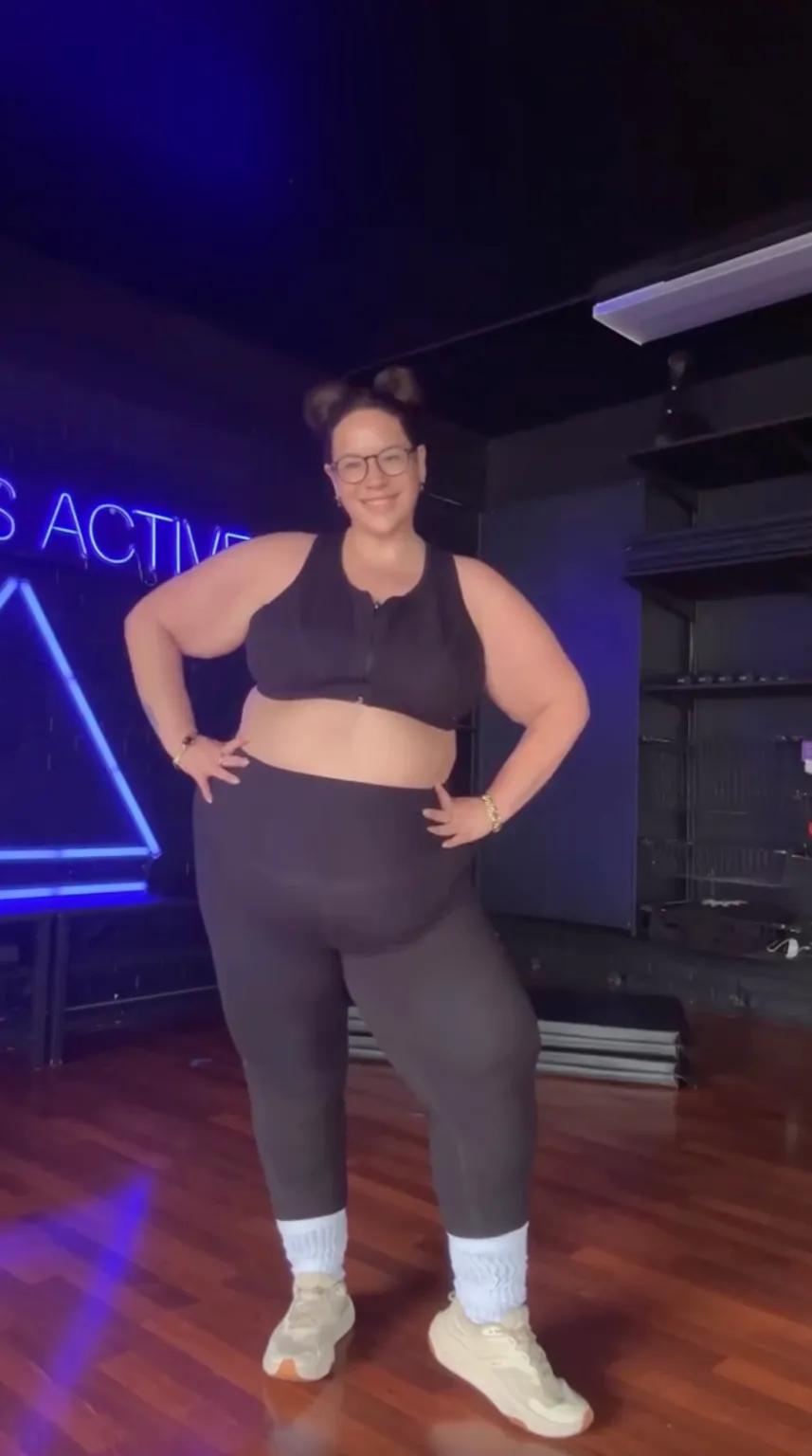“The Science Behind Shauna Rae’s Condition — And the Courage Behind Her Smile”


Shauna Rae’s condition, known as pituitary dwarfism, stems from damage to the pituitary gland caused by childhood chemotherapy used to treat a brain tumor. This damage disrupted the gland’s ability to release essential growth and reproductive hormones, leaving her with the stature of an eight-year-old despite being a fully developed adult woman. In medical terms, this represents a complex endocrine disorder rather than a simple genetic variation in height, as the disruption affects the entire hypothalamic–pituitary axis and influences multiple body systems.
Because of the broad hormonal involvement, individuals with pituitary dwarfism often face a series of physical challenges. Limited height and reduced muscle mass make daily activities more demanding, while the risk of low bone density and chronic fatigue may persist throughout their lives. As the same hormones regulate puberty and reproductive function, many also experience delayed or incomplete puberty, decreased reproductive capacity, and irregular hormone cycles. Shauna’s own experience with diminished ovarian reserve—a condition likely related to early chemotherapy—reflects the long-term reproductive consequences that can accompany endocrine damage.
However, the difficulties extend beyond physiology. Neuroscientific studies show that society automatically associates a small childlike body with immaturity, which can cause people with this condition to be treated as children even when they are adults. This creates emotional strain, influences self-esteem, and challenges the development of romantic relationships. For Shauna, simple social interactions often require explaining and reasserting her adulthood, something most people never need to think about. As she moves through the world, she must also navigate public scrutiny, stares, and the constant risk of being misunderstood—a burden that becomes heavier when one is in the public eye.
Despite these barriers, Shauna has consistently demonstrated a level of resilience that is striking both medically and psychologically. Her determination to establish independence in daily life is an accomplishment rarely acknowledged. Tasks as routine as driving, cooking, or reaching shelves become engineering problems requiring constant adaptation, yet she chooses autonomy rather than relying on others. This everyday strength is one of the clearest indicators of the human capacity to overcome structural physical limitations.
Equally significant is her willingness to speak openly about her reproductive challenges. Many people, including those without medical conditions, struggle to discuss infertility, but Shauna has done so publicly and without shame. By sharing her situation, she has expanded the conversation about reproductive rights for individuals with disabilities and rare medical histories. Her voice has the effect of humanizing what is often a sterile medical topic, reminding the world that the desire for motherhood is as real for her as it is for anyone.
Beyond the medical and social aspects, Shauna’s presence on television and social media demonstrates an exceptional form of emotional endurance. Living under the magnifying glass of public attention can impose a significant psychological load, especially for someone whose appearance invites misunderstanding. Yet instead of withdrawing, she maintains a calm, grounded presence and uses her platform to educate rather than to retaliate. Her approach softens the stigma around her condition and reshapes public perceptions of what it means to live in a body that does not conform to conventional expectations.
Through all of this, Shauna Rae represents more than a person with a rare endocrine disorder. She stands as clear evidence that biological limitations do not dictate personal strength or character. Her journey—from surviving childhood cancer to redefining adulthood on her own terms—illustrates a level of resilience that resonates both within the medical community and beyond it. In scientific language, this quality is known as resilience; in human language, it is courage. And it is precisely this courage that makes Shauna Rae’s story not simply a medical case, but an inspiring testament to a life lived bravely against the odds.


